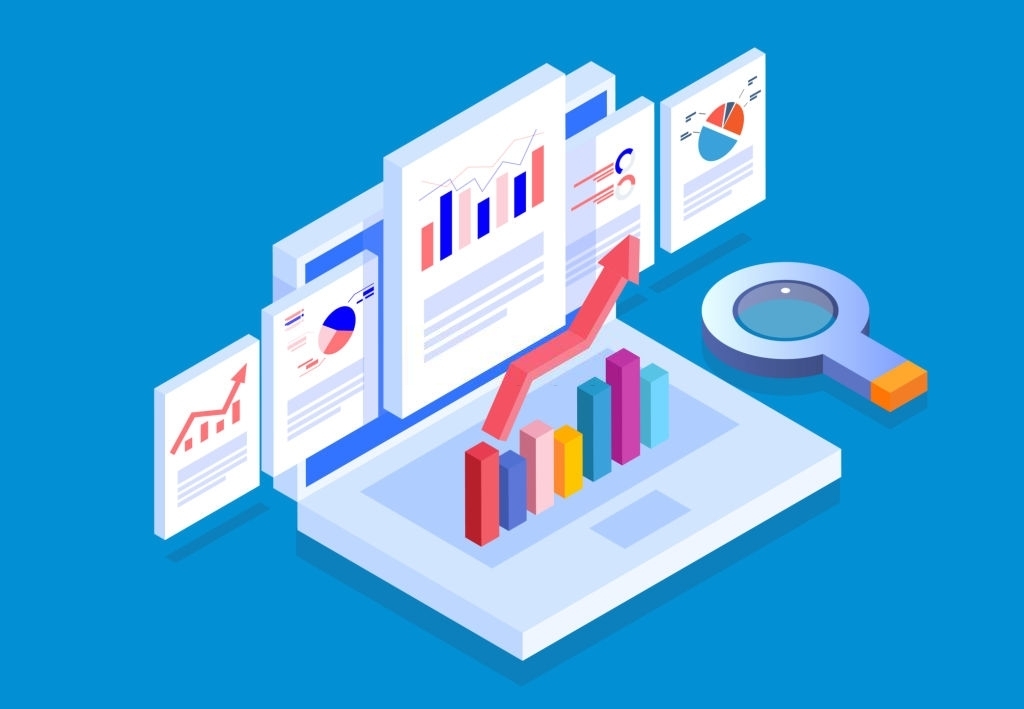CompTIA Data+ Summary:
CompTIA data+ is a certification that validates an individual’s knowledge and skills in the field of data management. Data management is an increasingly important field in today’s digital world. This certification validates competency in data analysis and design, as well as data management in broad business contexts. It covers topics such as data governance, data architecture, business analytics, data-driven decision-making, and more.
Modules of Data+ certification:
1. Data concepts and environments:
- Data Schema and Dimension
- Data Types and Contrast
- Common Data Structures and File Formats
2. Data Mining:
- Data Acquisition Concepts
- Common Reasons for Clearing and Profiling Data
- Data Manipulation Techniques
3. Data Analysis:
- Data Descriptive Statistical Methods
- Inferential Statistical Methods
- Types of Analysis
- Key Analysis Techniques
- Common Data Analysts
- Data Analytics Tools
4. Visualization Scenario:
- Include Design Components for Reports and Dashboards
- Include Dashboard Development Scenario
- Use the Right Type of Visualization
- Compare and Contrast Types of Reports
5. Data Governance Concepts:
- Data Quality Control Concepts
- MDM Concepts
Steps to build expertise in data management and analysis:
Comprehend the Exam Objectives:
Familiarize yourself with the CompTIA Data+ exam objectives. These objectives outline the topics and skills that the exam covers. They typically include data management, data governance, data quality, data visualization, data analysis, and more.
Become proficient in the Fundamentals:
Start with the basics of data management and analysis. Realize key concepts such as data types, data structures, data models, and database management systems. Click here now to gain more knowledge about sy0-601dumps.
Study Data Governance and Quality:
Acquire skills in data governance, which involves defining data ownership, establishing policies, and ensuring data quality and security. Figure out how to identify, clean, and transform data to maintain its accuracy and reliability.
Explore Data Storage and Retrieval:
Gain knowledge about various storage methods, including relational databases, NoSQL databases, data warehouses, and cloud storage. Comprehend how to design and implement effective data retrieval strategies.
Dive into Data Analysis:
Learn about different data analysis techniques, including statistical analysis, exploratory data analysis, and data mining. Familiarize yourself with tools like Excel, Python, or R for data analysis purposes.
Master Data Visualization:
Learn how to create compelling visualizations using tools like Tableau, Power BI, or Python libraries like Matplotlib and Seaborn.
Get Hands-On Experience:
Practice is crucial in mastering data management and analysis. Work on real-world projects, datasets, and case studies to apply your theoretical knowledge and develop practical skills.
Utilize Relevant Tools:
Become proficient in using tools commonly used in the field, such as databases (SQL, NoSQL), data analysis tools (Excel, Python, R), data visualization tools (Tableau, Power BI), and data cleaning tools (OpenRefine, Trifacta).
Study Exam Resources:
Utilize study guides, practice exams, and official CompTIA resources to prepare for the Data+ certification exam. These resources will help you understand the exam format and question types. Discover more here about sy0-601 dumps.
Stay Updated:
Stay updated with the latest trends, tools, and technologies by reading blogs, attending webinars, and participating in relevant communities.
Practice Time Management:
During the exam, time management is crucial. Make sure you are familiar with the exam format and practice answering questions within the allocated time.
Take the Exam:
Once you feel confident in your knowledge and skills, register for the CompTIA Data+ certification exam and give it your best effort.
Data analysis jobs after completing certification:
After certification one will be looking for a job specifically as a “Data analyst,” but there are many other job roles that you may be qualified for, such as:
- Reporting analyst
- Business intelligence analyst
- Marketing analyst
- Operations Analyst
- Cybersecurity analyst.







